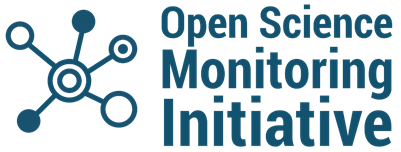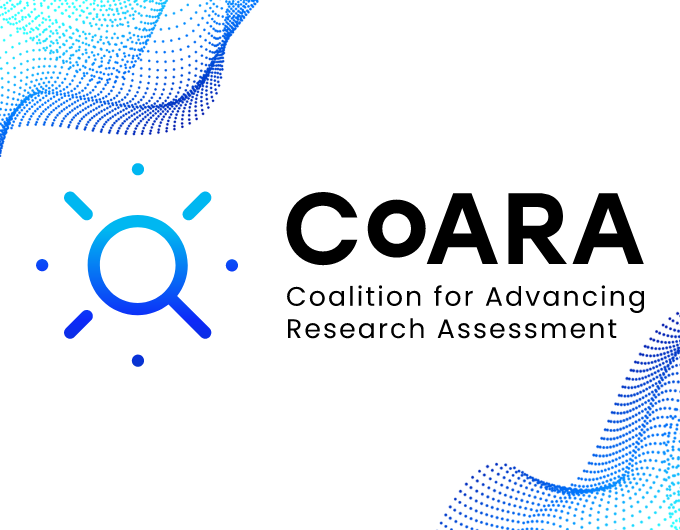The Principles of Open Science Monitoring are now online
The Open Science Monitoring Initiative (OSMI) has published today the final internationally agreed upon version of the Principles of Open Science Monitoring.
Discover the Principles: https://open-science-monitoring.org/principles/
These Principles focus on three key pillars: (1) relevance and significance, (2) transparency and reproducibility, and (3) self-assessment and responsible use. They have been drafted with differing stakeholder contexts, capacities, and resources in mind, consistently considering both qualitative and quantitative outputs and outcomes. Importantly, the Principles are not intended for assessing individual researchers. In addition, they are intended to be more aspirational than prescriptive.
These principles are proposed to serve as the framework of past and upcoming open science monitoring systems and to be endorsed worldwide. They are the results of an interational consultation conducted by OSMI and UNESCO, to gather opinions from around the world to ensure that the Principles meet a variety of needs, approaches and contexts worldwide. In the past few months, the OSMI Initiators have painstakingly integrated the feedback from more than 150 experts worldwide, from 41 countries on the five continents into the draft principles.
On the origins of OSMI
OSMI was established as a result of a conference that took place at the Paris UNESCO headquarters in December 2023 (Building an Open Science Monitoring Framework with open technologies). To compensate for the lack of global guidelines on open science monitoring, the French Ministry of Higher Education and Research initially brought together a group of French experts (Université de Lorraine, Inria) to work on a proposal for common monitoring principles. This text served as a basis for the 2023 UNESCO conference that led to OSMI.
OSMI was launched in response to the need for transparent and representative monitoring of Open Science, required to fully take advantage of the adoption of the 2021 UNESCO Recommendation on Open Science.





